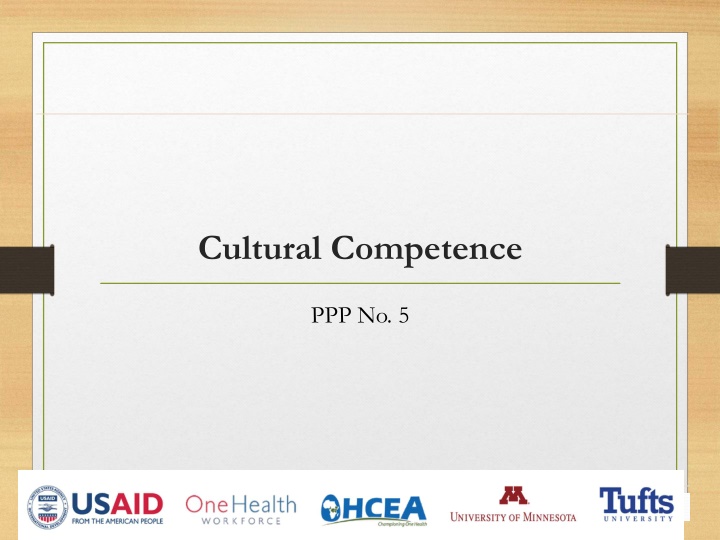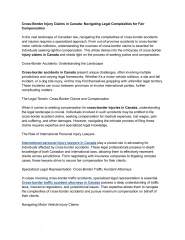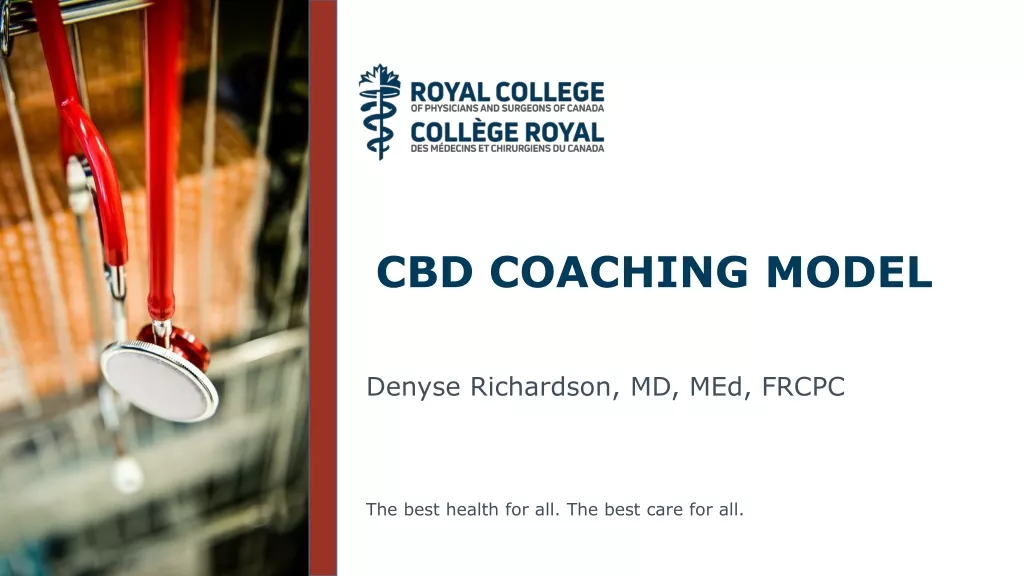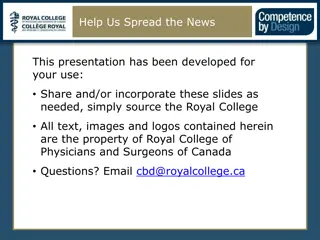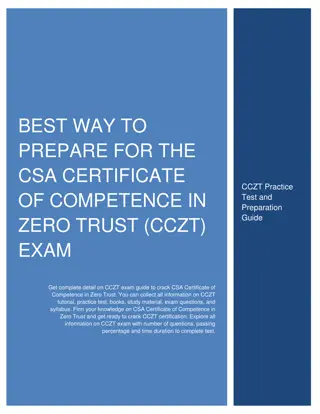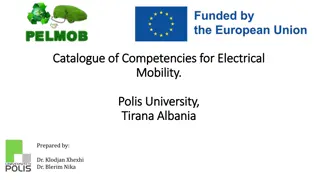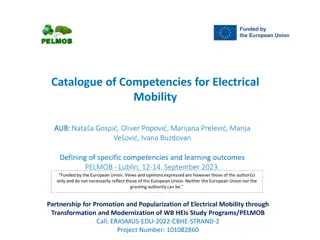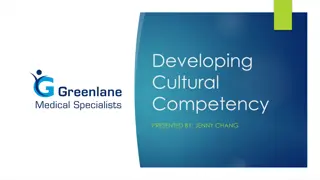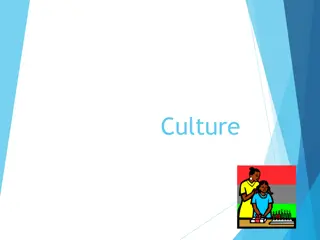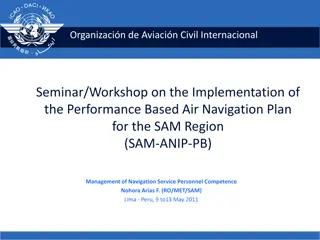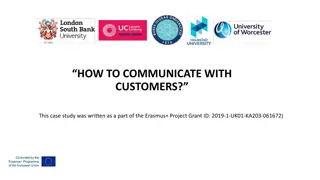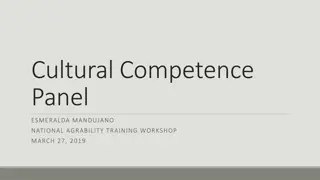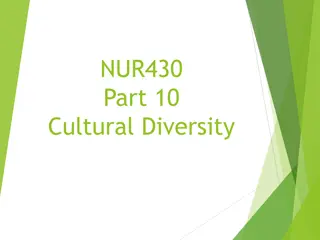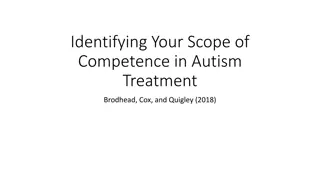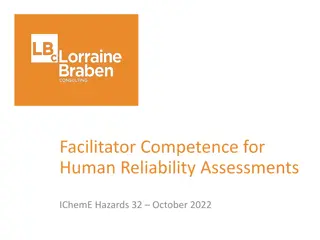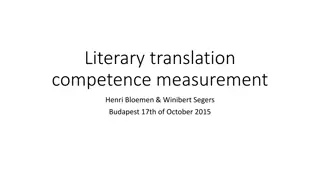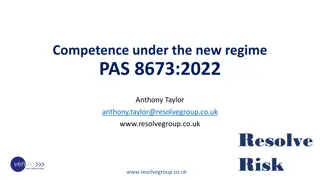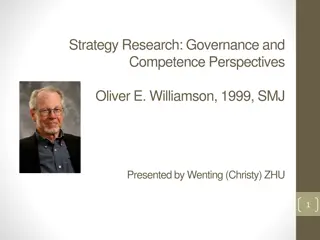Cultural Competence: Essential Skills for Cross-Cultural Situations
Cultural competence involves behaviors, attitudes, and policies enabling effective work in cross-cultural situations. Learn how to assess your level of cultural competency and demonstrate essential skills for One Health professionals. Understand the diverse cultural variables influencing interactions and why cultural competence is crucial for service quality and health outcomes. Discover the different levels of cultural competence and the benefits it brings to both individuals and organizations.
Download Presentation

Please find below an Image/Link to download the presentation.
The content on the website is provided AS IS for your information and personal use only. It may not be sold, licensed, or shared on other websites without obtaining consent from the author.If you encounter any issues during the download, it is possible that the publisher has removed the file from their server.
You are allowed to download the files provided on this website for personal or commercial use, subject to the condition that they are used lawfully. All files are the property of their respective owners.
The content on the website is provided AS IS for your information and personal use only. It may not be sold, licensed, or shared on other websites without obtaining consent from the author.
E N D
Presentation Transcript
Cultural Competence PPP No. 5
Learning Objectives Session enables participants to know and apply culturally competent skills that enable a One Health professional work appropriately in cross-cultural situations. They shall 1. assess their personal level of cultural competency. 2. demonstrate the five essential behavioral elements that a culturally competent person must have to enable effective work in cross-cultural situations
Definition Several definitions of cultural competence Operational definition: Cultural competence is a set of congruent behaviors, attitudes, and policies that come together in a system, agency or among professionals and enable that system, agency or those professions to work effectively in cross-cultural situations (Cross et al, 1989)
Cultural Competence Involves understanding and appropriately responding to a unique combination of cultural variables that the professional and population/community bring to interactions.
Examples of cultural variables Ability Age Beliefs Ethnicity Experience Gender Gender identity Linguistic background National origin Race Religion Socioeconomic status
Cultural competence Different levels: individual, organization, system or program. Dynamic, ongoing, developmental process that evolves over an extended period and requires a long-term commitment. Portrayed along a cultural competence continuum.
Cultural competence: Why? In service delivery: Improves the quality of services and health outcomes Eliminates long-standing disparities in the health status of people of diverse cultural ethnic and racial backgrounds. Meets legislative, regulatory, and accreditation mandates
Why cultural competence Eliminates inappropriate infectious disease management interventions that are not culturally sensitive Increases the success rate and eliminates trial and error Minimizes resource wastage
Cultural competence continuum Portrayed along a cultural competence continuum. Continuum indicates the various levels of: awareness knowledge Skills of an individual, institution or system
Cultural Continuum: 6 Stages (Re: Kohnert, 2008) 1. Cultural Destructiveness 2. Cultural Incapacity 3. Cultural Blindness 4. Cultural Pre-competence 5. Cultural Competency 6. Cultural Proficiency
Cultural Destructiveness attitudes, policies, and practices that are destructive to cultures and consequently to the individuals within the culture" are exhibited
Cultural Incapacity Individuals and agencies do not seek to be "culturally destructive, but lack the capacity to help "
Cultural Blindness "the system and its agents provide services with the expressed philosophy of being unbiased and function with the belief that color or culture make no difference and that all people are the same"
Cultural Pre-competence There is awareness and an attempt to "improve some aspect of services to a specific population" and service providers are aware of perceptions, values, and other elements of their own culture and of cultures different from their own.
Cultural Competency Able to effectively use your cultural knowledge at all levels of service provision "acceptance and respect for difference, continuing self-assessment regarding culture, careful attention to the dynamics of difference, continuous expansion of cultural knowledge and resources, and a variety of adaptations to service models
Cultural Proficiency Agencies hold "culture in high esteem and seek to add to the knowledge base of culturally competent practice by conducting research, developing new therapeutic approaches based on culture, and publishing and disseminating the results of demonstration projects". Service providers champion cultural competence in practice by training others in cultural competence, recruiting personnel from diverse cultures, and conducting research that adds to the knowledge base.
Cultural Competence: How? A One Health professional is culturally competent to the extent that s/he: 1. considers the impact of cultural variables on the health challenges being addressed 2. practices in a manner that is culturally sensitive
Process Dynamic and complex process which evolves over time and requires: understanding one s own culture [self- assessment] interactions with individuals from various cultures [ethnographic interviews ] continuous expansion of one's cultural knowledge [training/ capacity building]
Process Attitude shift - professionals recognize what they do not know about the relevant cultures of the individuals, families, and communities they serve and seek to gain culture-specific knowledge and experience in these areas.
Self-assessment reveals where a professional is along the continuum of cultural competence
Specific steps in the development of cultural competence are identified based on: a professional's location along the cultural competence continuum the essential characteristics of the culturally competent professional reflection on individual needs
5 Essential Behavioural Elements Of a culturally competent person/ institution / system: 1. Valuing diversity 2. Conducting self-assessment 3. Managing the dynamics of difference
5 Essential Behavioral Elements 4. Acquiring and institutionalizing cultural knowledge 5. Adapting to diversity and the cultural contexts of communities that are being served
Understanding one's own culture At individual level: examine one s own attitude and values, beliefs, biases and professional personal history. assess the manner in which these factors might influence perceptions.
Understanding one's own culture understand how personal perceptions might influence interactions and service delivery to a community / target population acquire values, knowledge, skills and attributes that will allow an individual to work appropriately in cross cultural situations.
Interactions with individuals from various cultures A community reflects a wide array of differences as well as similarities across cultural variables Competence requires that One Health professionals practice in a manner that considers each individual s cultural characteristics and unique values so that the most effective services can be provided
Interactions with Individuals from Various Cultures An approach that is appropriate for one individual may not be appropriate for another
Interactions with individuals from various cultures The unique influence of an individual's cultural background may change over time and according to circumstance, hence the need for adjustments in approaches to services delivery
Strategies for expansion of cultural knowledge Examples Seeking resources (eg funding, human) to address knowledge and response limitations. Engaging in capacity building programs Collaborating with professionals across disciplines, sectors and with various institutions to gain more knowledge on culture and its influence on health
